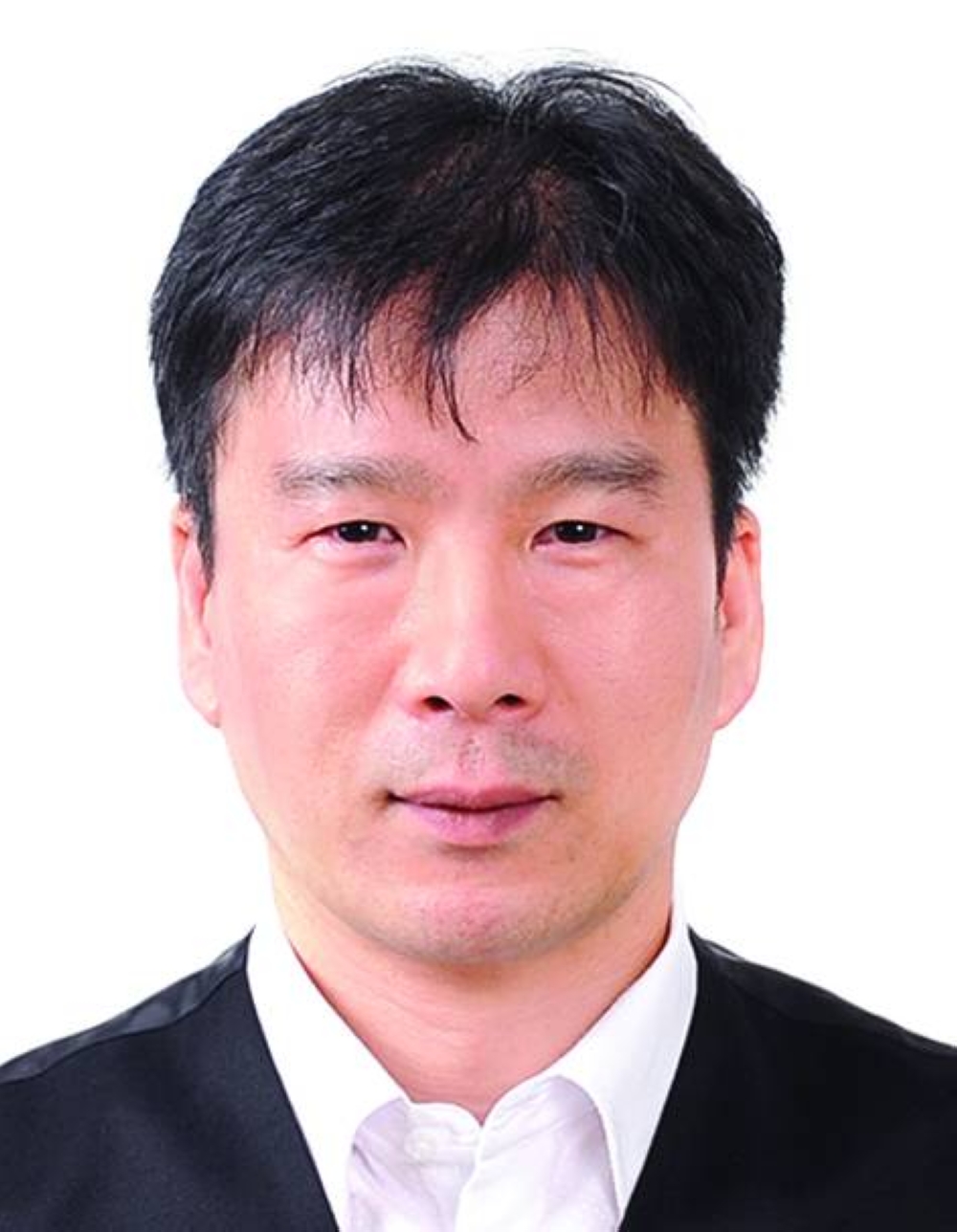There is considerable opportunity for co-operation between the governments and companies of South Korea and Qatar to construct a high-efficiency energy mix, especially in the hydrogen, renewable energy, and nuclear power sectors, an official of South Korea’s Ministry of Trade, Industry and Energy has said.
“South Korea is planning to continuously reduce greenhouse gas emissions in the power generation sector by utilising nuclear power and expanding renewable energy, adopting a hydrogen blending method with natural gas, and phasing out additional coal-fired power plants,” Kwon Hyun-chul, Director of the Middle East and African Trade Division, told Gulf Times in an exclusive interview.
With the accelerating race to secure clean hydrogen, a new form of energy, the South Korean government is working to spread the hydrogen economy, and through the new government’s hydrogen economy policy announced last November, it plans to utilise hydrogen as a major means of reducing greenhouse gas levels in the future, Kwon emphasised.
“We understand that Qatar also engaged in large-scale blue hydrogen and ammonia projects, and has strengths in producing blue hydrogen, while South Korea has technological prowess and distribution experience in applications, such as hydrogen vehicles and fuel cells, so we hope that co-operation on hydrogen projects between the two countries will create synergy in the future,” Kwon pointed out.
Regarding renewable energy co-operation, South Korea, having accumulated substantial policy experience through proactive renewable energy distribution policies, can be a valuable co-operation partner for Qatar’s energy transition and climate policies, Kwon said.
“Continued co-operation is expected between both countries’ companies on large-scale renewable energy projects like solar power plants,” he further explained.
On prospects for future co-operation in the industrial and energy sectors, Kwon noted that Qatar is the third largest trading partner for South Korea in the Middle East, maintaining continuous collaboration in various fields, starting with over “$14bn” in goods trade.
“Especially in the ongoing uncertainty in the global energy market, Qatar and South Korea are maintaining an important co-operative relationship in the energy sector as the largest mutual LNG trading nations,” Kwon stressed.
He added: “We hope the co-operation on LNG between South Korea and Qatar continues to expand, and South Korean companies participate not only in major energy-related projects like energy plants and LNG carrier constructions that are being promoted by Qatar but also in the non-petroleum energy sectors like digital, finance, logistics services, and renewable energy. We earnestly expect keen interest in South Korean companies in the future.”

Kwon Hyun-chul, Director of the Middle East and African Trade Division at South Korea's Ministry of Trade, Industry and Energy.

